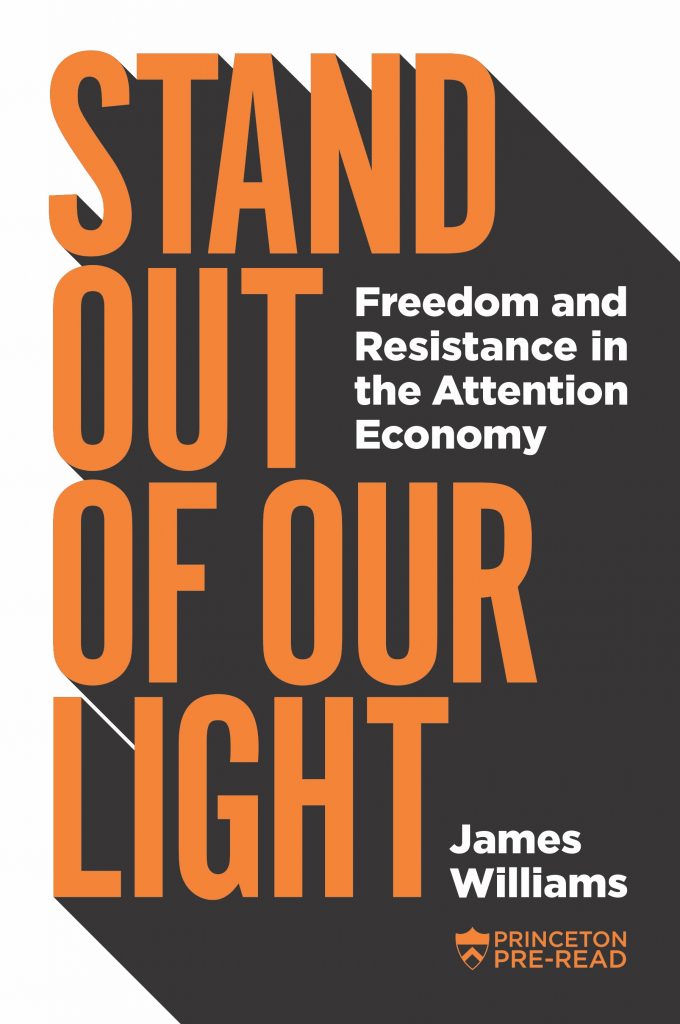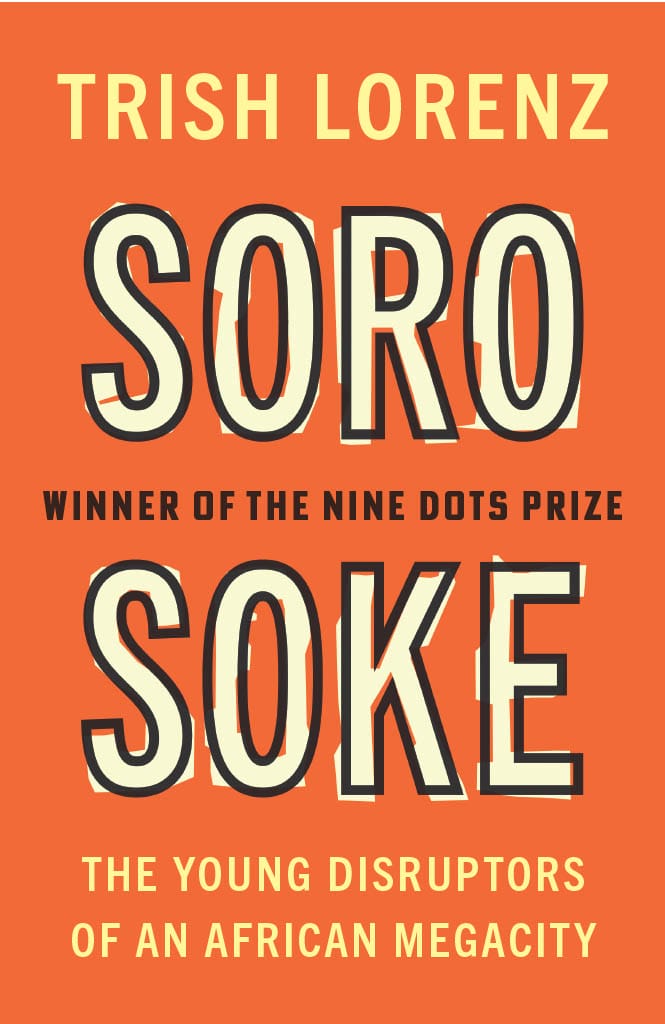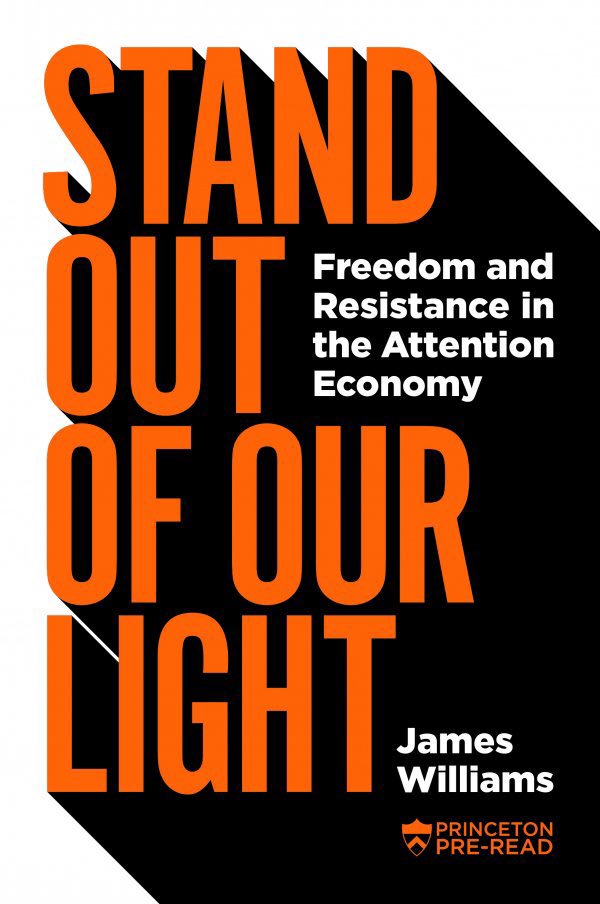Nine Dots Prize winner selected as Princeton Pre-read
12 April, 2019
Our inaugural winner James Williams has had his Nine Dots Prize-winning book, Stand Out of Our Light, selected as this year’s Princeton University Pre-read.
 Every year Princeton’s President Christopher L. Eisgruber selects a Pre-read to introduce first-year students to the intellectual life of the University by offering opportunities to discuss a book that other members of the University community also will be invited to read.
Every year Princeton’s President Christopher L. Eisgruber selects a Pre-read to introduce first-year students to the intellectual life of the University by offering opportunities to discuss a book that other members of the University community also will be invited to read.
Williams said of his book being selected, “Technologies are at their best when they help us lead freer and more fulfilling lives. Today a special kind of vigilance is necessary to ensure that they actually do so. Universities have an essential role to play in cultivating and advancing that vigilance, so it’s deeply heartening to hear that the Princeton community will soon be dedicating collective attention to these topics. I hope the book serves as a useful catalyst for others as they address these important questions in their own life, work and study.”
“Stand Out of Our Light is a first-rate scholarly book that has profound implications for our daily lives,” Eisgruber said. “James Williams contends that adversarial digital technologies, and their many distractions, are inhibiting our ability to lead purposeful lives and attend to the goals that truly matter. His arguments raise fundamental issues about the future of democracy, education and our society. I look forward to discussing these topics with students throughout the coming year.”
This summer, the Class of 2023 will receive a copy of the book in time to prepare for campus discussions in the fall, when Eisgruber will meet with students in the University’s residential colleges and across campus to examine Williams’ arguments. Stand Out of Our Light also will be distributed to incoming first-year graduate students and faculty, and will be available to staff and other community members by request.
In a foreword written for the Pre-read edition of the book, Eisgruber raised some of the challenging questions that will inform these conversations: “Digital technology has revolutionized the way we live and communicate, and it has done so with dizzying speed. We have had little time or opportunity to adapt the habits, customs and cultures that humanity has relied upon for centuries to organize life and render it meaningful. We are living very differently than we did in the recent past. Is that a good thing? Should it bother us?”
Eisgruber also commented that “distractions of digital technology also have implications for the educational project of this University and others,” noting how teaching is about asking students to focus on “ideas and projects that are demanding and time-consuming.”
Added Eisgruber: “Over the past year, I have had students and even faculty colleagues tell me that the incessant distraction of digital devices is making it harder for them to lose themselves in a book or an idea.”
In coming to Princeton, Eisgruber said students will become part of a community that is “talented, diverse and brimming with activities.” The choices students make about time spent on their phones using social media, he said, will determine the experiences they have — or miss — while on campus.
The hope is the book will generate robust discussion and debate among the incoming students. “I frankly do not think that you will be able to read Stand Out of Our Light without reacting strongly to it, one way or another,” Eisgruber told students. “In a very real way, it is about you and your classmates. It is about how digital technology is affecting your ability to shape your identity, your life and your society.”



